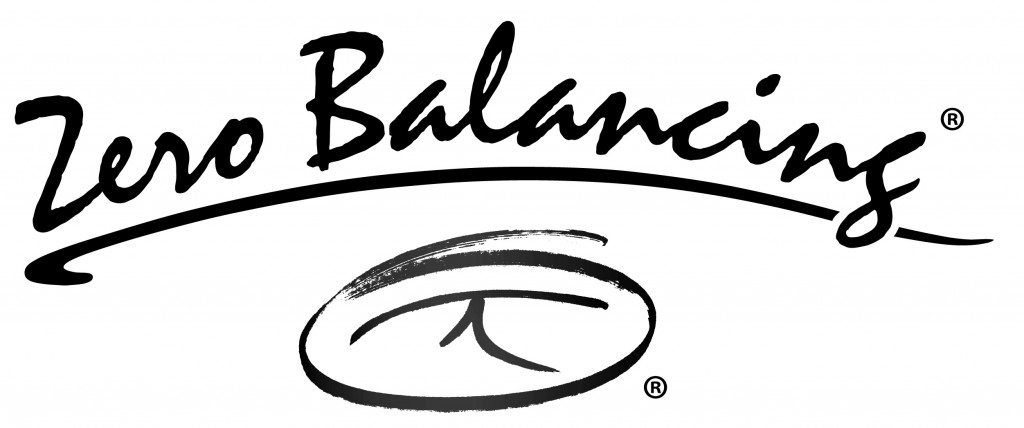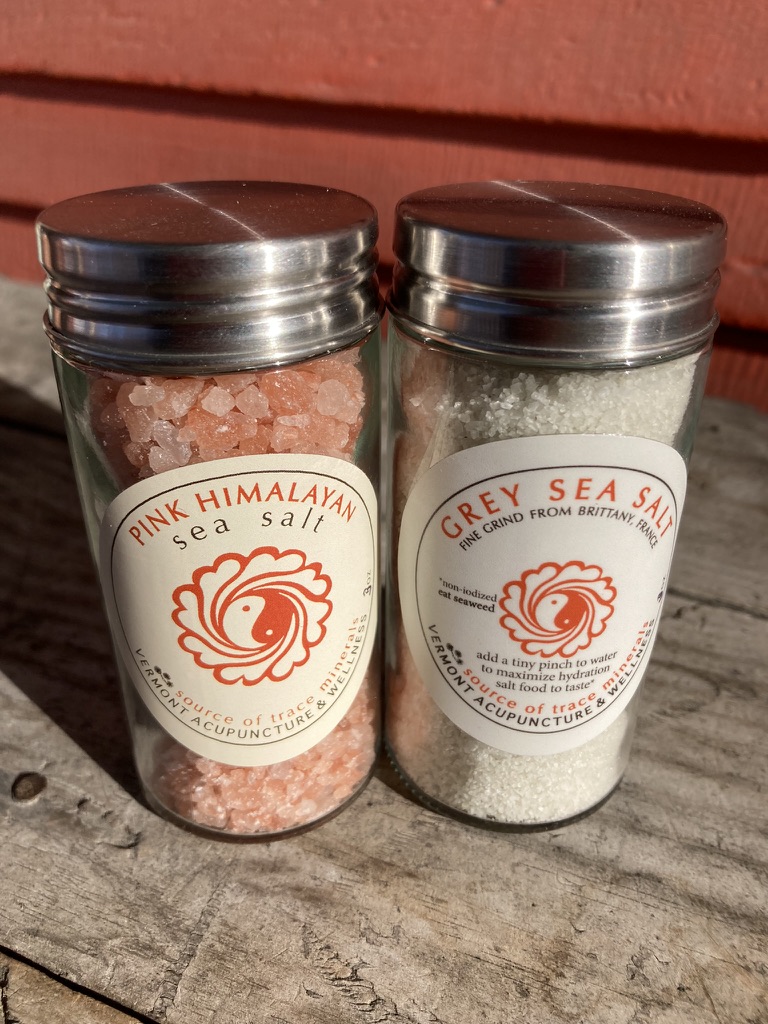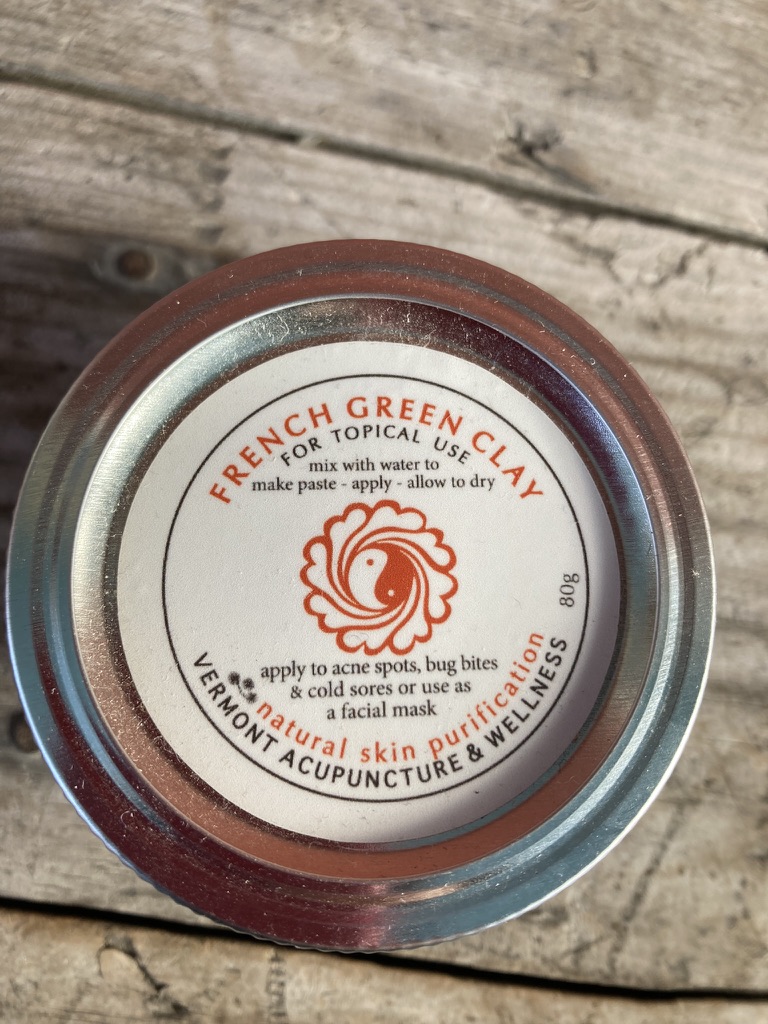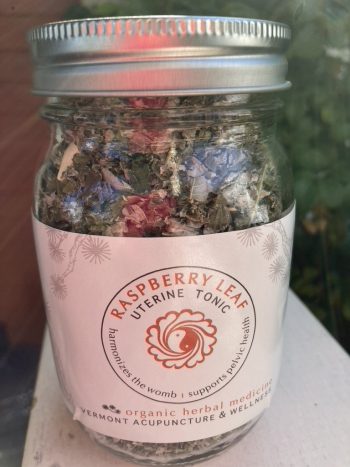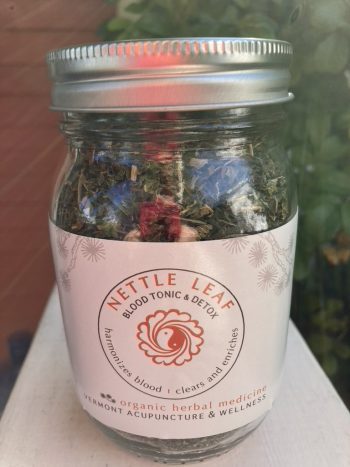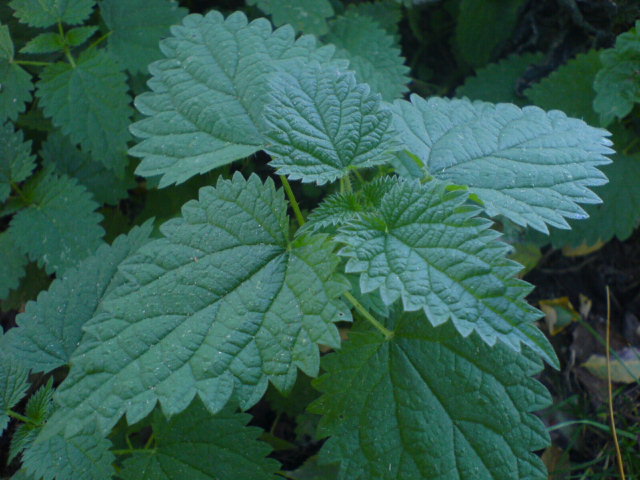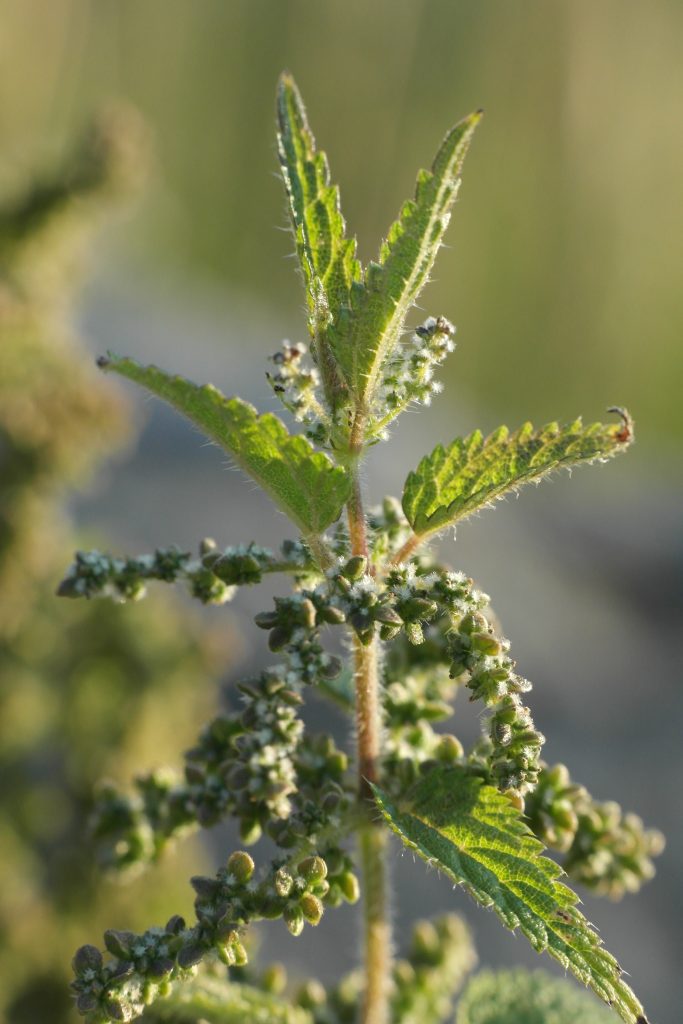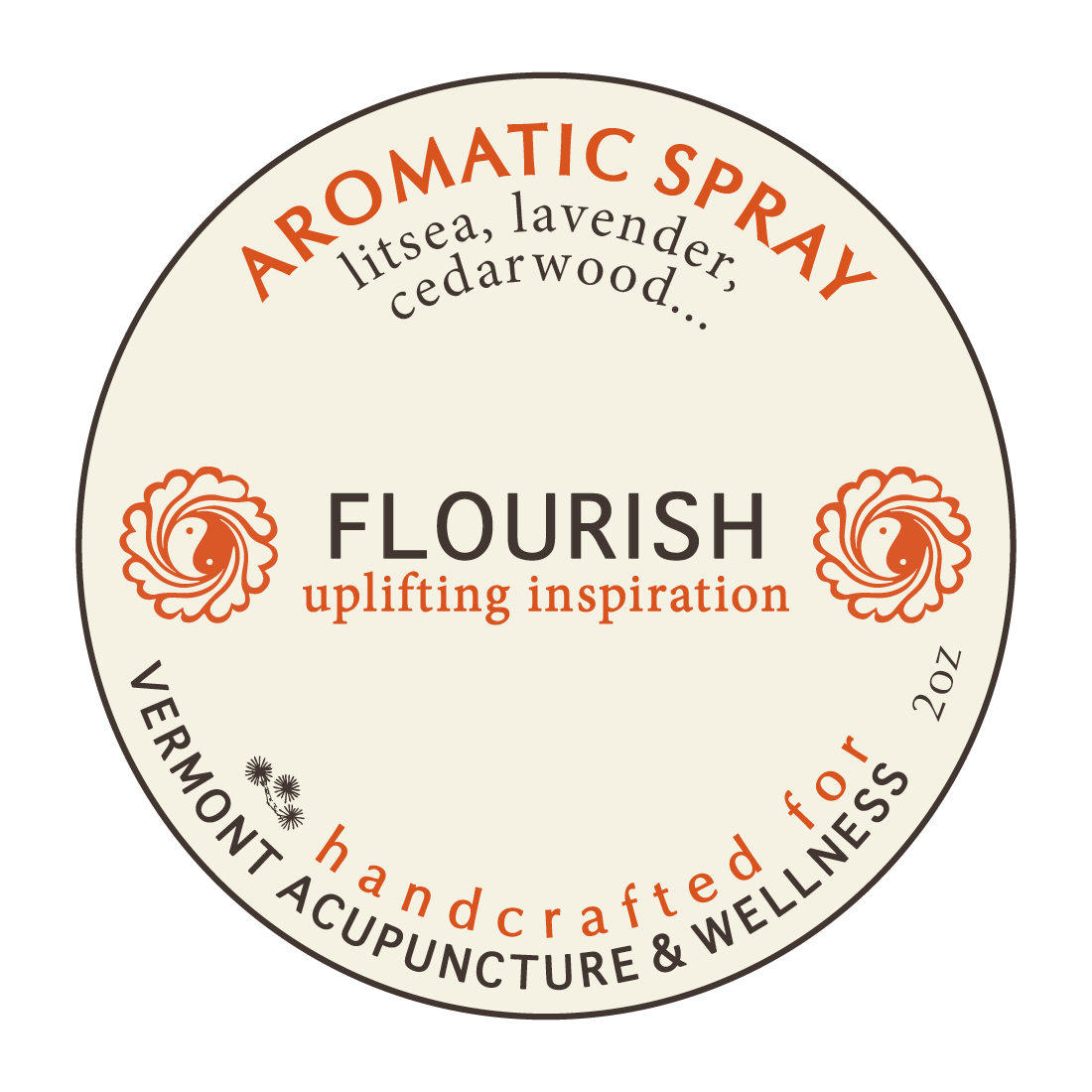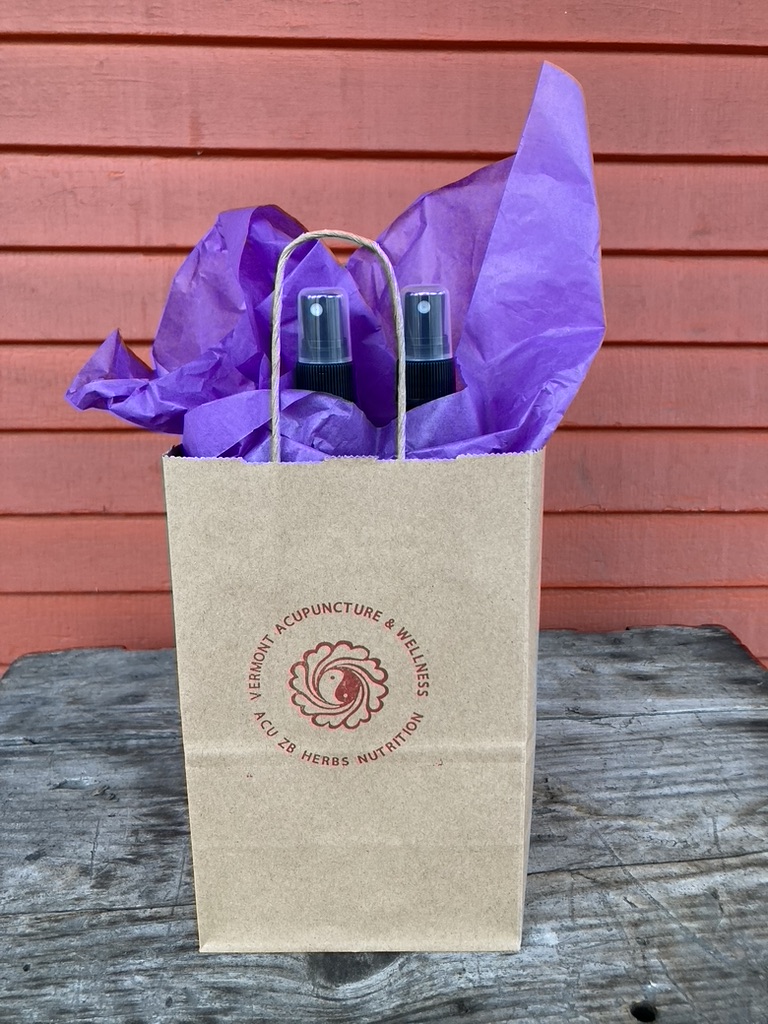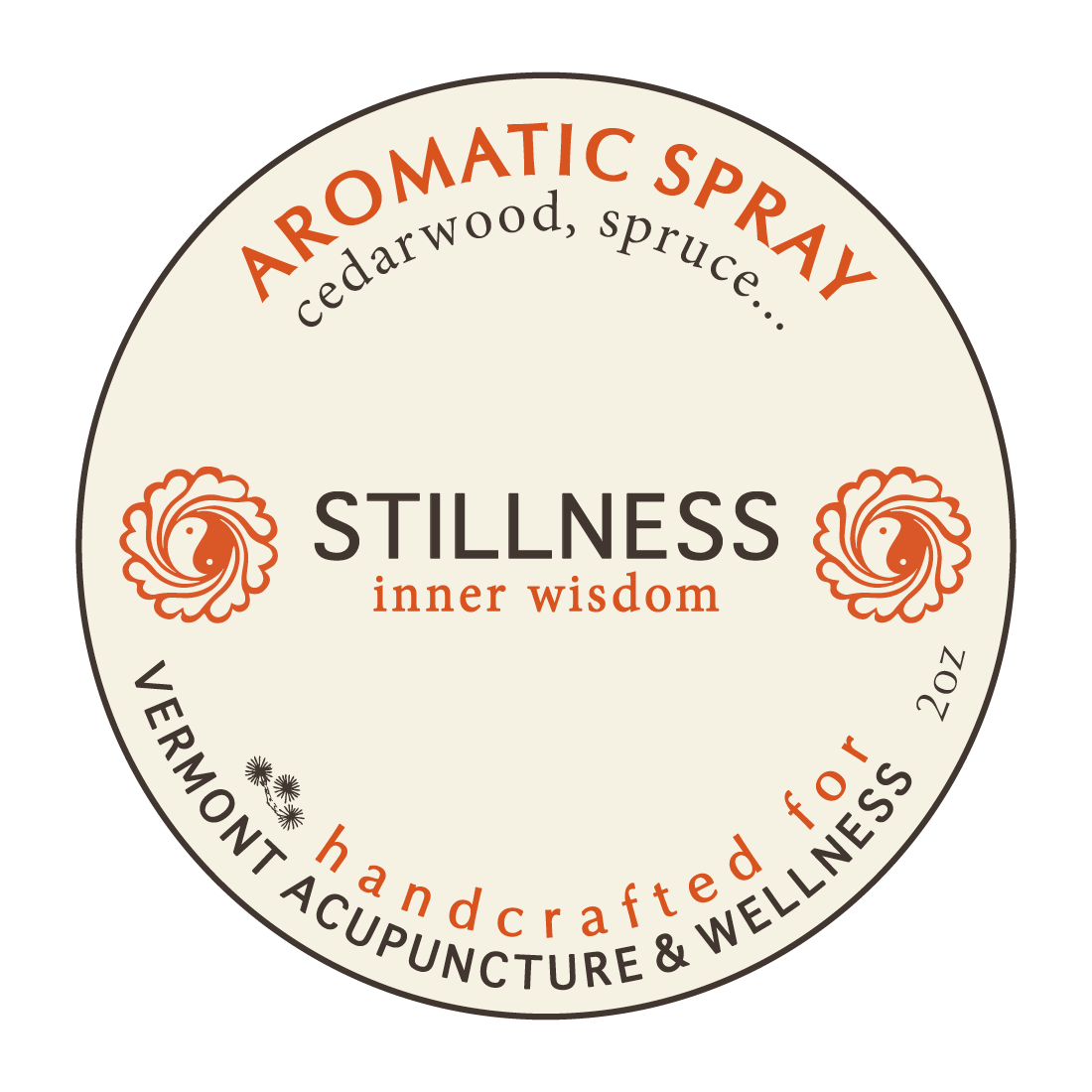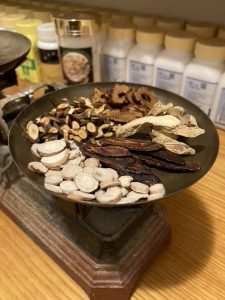3-4 May 2025
ZB 5E is a 2 day hands-on, body-mind therapy training, taught by Michele Doucette DC at Vermont Acupuncture and Wellness – 161 North Street in Burlington Vermont.

12.5 CEUs for MT, PT, OT, DC (VT), LAc
Register before March 3 at $325, April 3 at $350, $375 thereafter, $175 repeat
Zero Balancing and the Spirit of the 5 Elements is a two-day advanced Zero Balancing program that guides the Zero Balancer into what in Chinese medicine can be seen as “the neighborhoods of spirit.” The Zero Balancer learns more about the Five Element anatomy underlying the skeletal anatomy commonly addressed in the core ZB protocol (for example, how the spirit points on the bladder meridian are affected by Zero Balancing the thoracic and lumbar spine). It is widely acknowledged that bodywork can touch a person on all levels; physical, mental, emotional, and spiritual. In Chinese Medicine the spirit is seen as the unique true self, the self below conditioning, the part of human nature that is inspired by beauty, art, poetry, music, and profound connections to the greater whole. Through the Zero Balancing protocol, and with this expanded knowledge base in 5 Element Theory the Zero Balancer learns to recognize when a client may be having a body-felt experience of a spiritual nature. Such recognition allows the practitioner to stay optimally connected to the client by modifying the rhythm, pace, and depth of touch, and by holding a safe, non-judgmental space for integration and healing. This amplified attention through touch may result in deeper opportunities for clients to access expanded states of balance, health, and wellbeing. New fulcrums are learned and Core ZB fulcrums take on new significance as the true wisdom of the Zero Balancing protocol is further revealed.
Read More